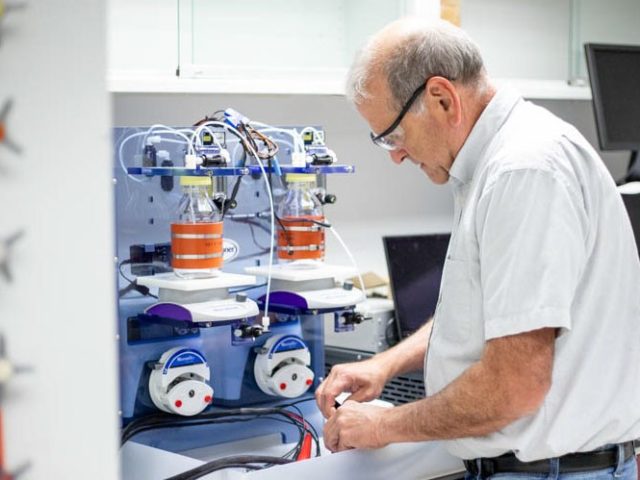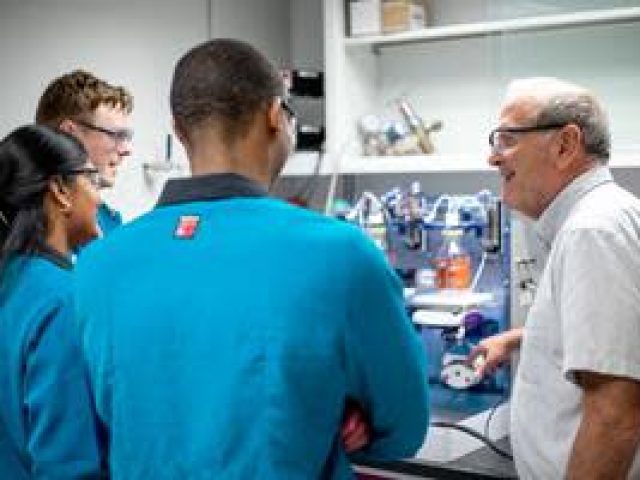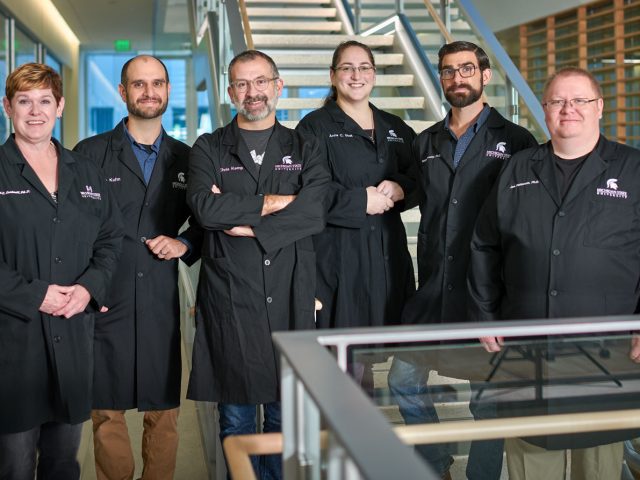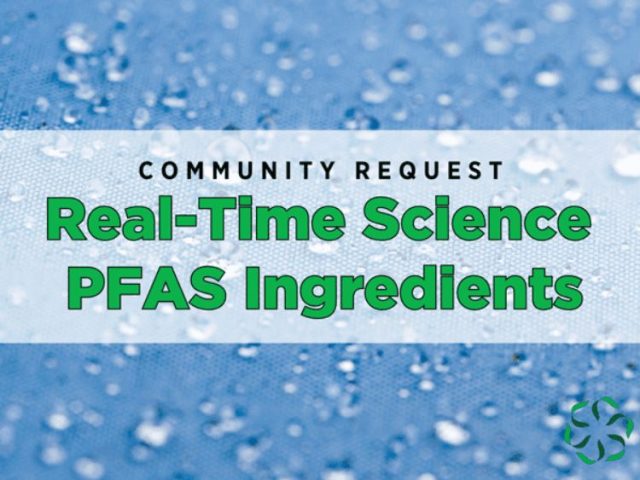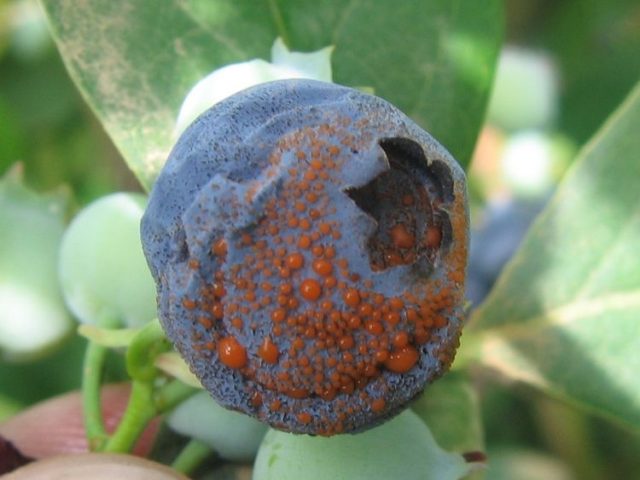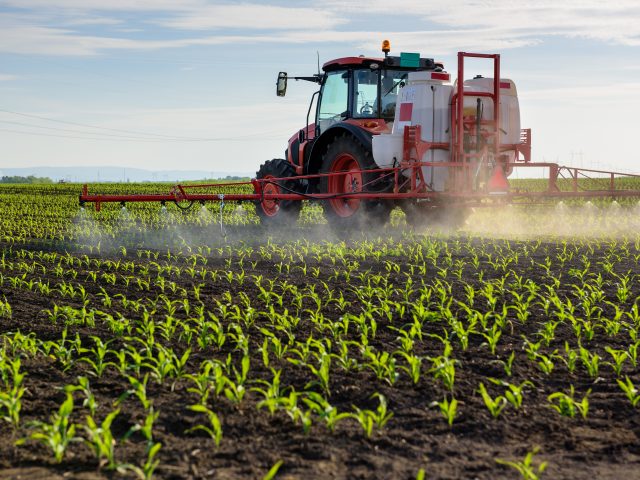Accelerator brings Holland energy storage startup closer to market
Jolt Energy Storage, founded by MSU’s Thomas Guarr and his business partner, Jack L. Johnson using technology developed in Guarr’s lab at Michigan State’s Bioeconomy Institute, emerges stronger after graduating from the Shell GameChanger Accelerator backed by the U.S. Department of Energy’s NREL. Their innovative organic energy storage materials promise cost-effective alternatives to lithium-ion batteries, …

